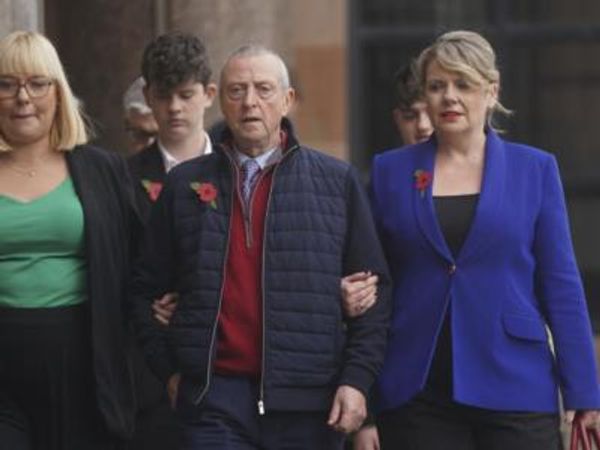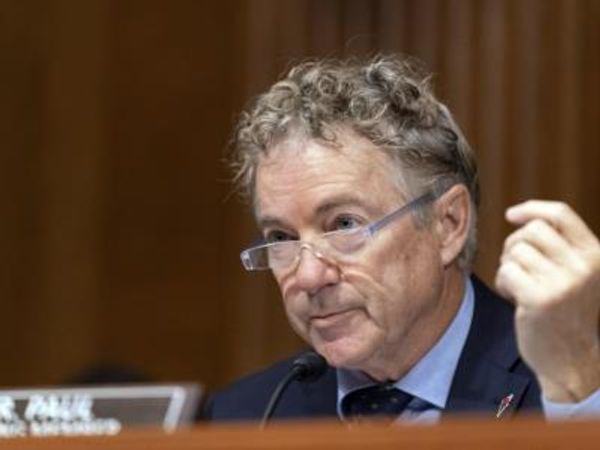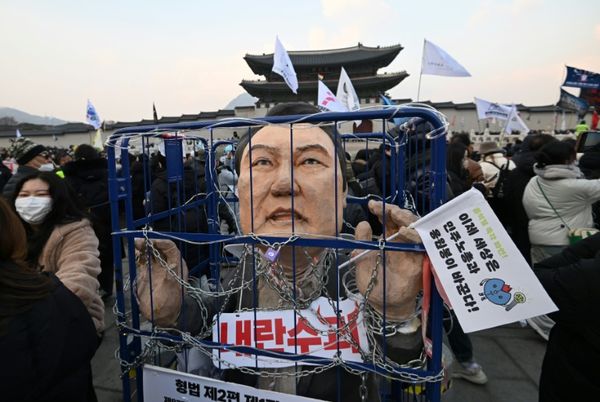
Manama (AFP) - Israeli Prime Minister Naftali Bennett said Tuesday his landmark visit to Bahrain offered a "new model" of Israeli-Arab relations, part of a goal of creating a regional "ring of alliances".
"This was a very successful visit, warm reception, strong connection, very open atmosphere," Bennett said at the end of his visit to the small, oil-rich Gulf country, 17 months after Israel and Bahrain ended decades of tensions to normalise ties.
It was the latest diplomatic breakthrough since several Arab states under the US-brokered 2020 Abraham Accords ended their isolation of Israel, despite the ongoing Israel-Palestinian conflict.
Bennett, the first Israeli head of government to visit Bahrain, said the trip had offered a very "different atmosphere in the Arab-Israeli relationship" than in the past.
"It is a new model, it is a good model," he said.
Israel's new alliances reflect the fact that major Arab Gulf powers, the Jewish state and their common ally the United States share an animosity toward Iran and concerns about its nuclear programme.
"My goal is to create a ring of alliances between Israel and Arab countries in the region," Bennett said as he wrapped up his visit on Tuesday evening.
Earlier, he met with King Hamad bin Isa Al-Khalifa and Crown Prince Salman bin Hamad Al-Khalifa, who is also prime minister of the island nation.
Both accepted an invitation to visit Israel in the "near future", Bahrain's Foreign Minister Abdellatif al-Zayani said.
'Seeing my family'
Bennett, who discussed "deepening cooperation" in meetings with the defence and other ministers, praised Bahrain's "moderate" leaders who are looking out for "the prosperity of their own people".
An island nation and ally of top regional power Saudi Arabia, Bahrain hosts the US Navy's Fifth Fleet.
Bennett also met with the US commander Vice Admiral Brad Cooper, the premier's office said, stressing the fleet's role in maintaining regional stability in the face of threats.
Bahrain and the United Arab Emirates became only the third and fourth Arab states -- following Egypt and Jordan -- to establish ties with Israel in the pacts negotiated under then US president Donald Trump. Bennett visited the UAE in December.
Bahrain's king welcomed Bennett's visit and emphasised the importance of strengthening the bilateral partnership in light of the Abraham Accords, said the official Bahrain News Agency.
Bennett also met the small Jewish community of Bahrain, about 50 people, who had practised their faith behind closed doors since the 1947 start of the Arab-Israeli conflict.
After the Abraham Accords, a small synagogue in the heart of Manama was renovated and reopened.
Bennett told Jewish community members he was "delighted" to be both in Bahrain and to be "seeing my family".
Bennett's Bahrain trip follows a visit by Israeli Defence Minister Benny Gantz earlier this month that saw the two countries sign a defence agreement.
That deal covered intelligence, procurement and joint training.As part of the agreements, Israel is set to post a naval official in Bahrain.
Bennett also held discussions with Bahraini youth, highlighting cooperation in the face of threats.
"The fault lines used to be between Arabs and Israelis," he said, adding that now the divisions were between them and the "agents of terror and chaos".
'Absolutely' about Iran
Dore Gold, head of the Jerusalem Centre for Public Affairs, said Israel and Bahrain have been pushed towards closer ties as both are "under threat by Iranian actions".
Yoel Guzansky, a senior researcher at the Institute for National Security Studies in Tel Aviv, also said the focus of Bennett's trip was "absolutely" on Iran.
The Islamic republic is now engaged in talks in Vienna with Britain, China, France, Germany and Russia directly, and with the United States indirectly, to revive a 2015 nuclear deal.
The agreement offered Tehran sanctions relief in exchange for curbs on its nuclear programme.The US unilaterally withdrew from the accord in 2018 under Trump.
Bennett's government strongly opposes a return to the deal, and has warned repeatedly that lifting sanctions would give Iran more money to buy weapons for use against Israelis.
Guzansky said that Bennett's trip, "in light of the talks in Vienna, it is a show of force, symbolism that the countries are working together".
He pointed to unrest in Bahrain blamed on Iran-backed opposition groups and the range of threats that Israel says Iran poses, notably its arming of Lebanese militant group Hezbollah.
Guzansky said that, in several respects, Bahrain has been perceived as moving slower than the UAE in consolidating ties with Israel.
Allowing an Israeli military officer to be based in Bahrain was "significant", he said, as Bahrain "does not want to be seen as an Israeli base in the Gulf".







